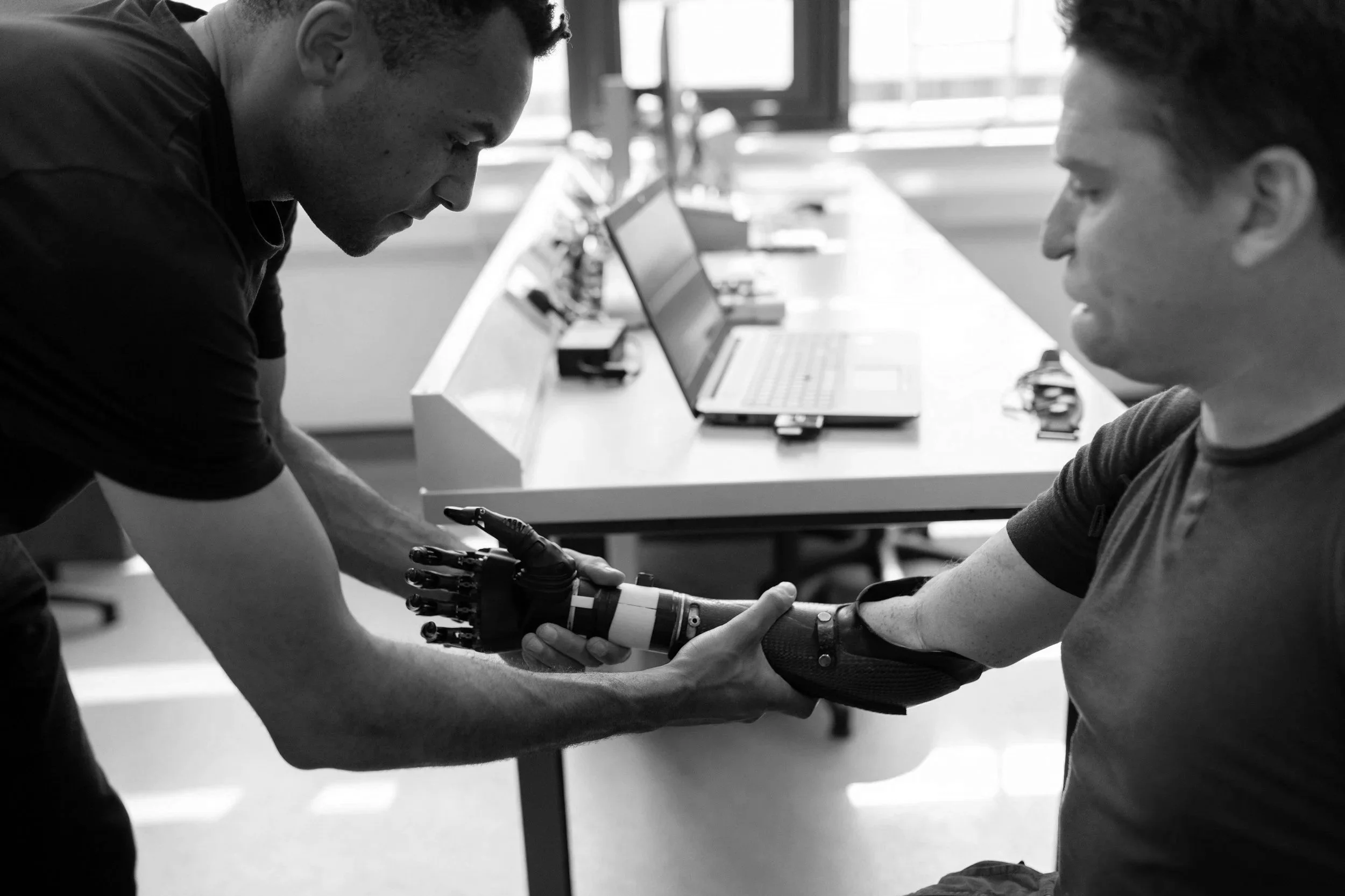Claim Work Experience Points for GSM: Onshore vs. Offshore Remote Work
For offshore applicants aiming for the Australian General Skilled Migration (GSM) program visas, maximising points for work experience is one way to put your foot in the door to be considered. A common question we receive, especially for those working remotely for an Australian-based company while physically located overseas: Can this be claimed as “onshore” work experience for points purposes? This simple answer is no, and we will break down the reason below.
What is “Onshore” Work Experience for GSM Points?
The immigration law is specific on their visa requirements, including what constitutes “Australian work experience” for the points test, which are the Skilled Independent (Subclass 189) visa, the Skilled Nominated (Subclass 190) visa and the Skilled Work Regional (Provisional) (Subclass 491) visa. To claim points for Australian work experience, the work of the applicant must be:
Physically present in Australia while performing the work.
In an occupation on the relevant skilled occupation list.
Meeting the minimum required work period within the last 10 years.
Remote Work Dilemma: Does the Applicant's Physical Location Matter?
While working remotely for an Australian company might feel like “Australian work” in a contractual sense, for GSM points purposes, your physical location when performing the work matters. For example, if you are physically overseas, even if your Australian employer pays you in AUD, the work experience you can claim is considered “overseas work experience” for the points test.
When you lodge your Expression of Interest (EOI), you declare your work experience and claim “Australian skilled employment” points. You must be able to show supporting evidence that you were physically in Australia performing the work for the duration of that claimed employment.
What If I Accidentally Claimed Work Experience Points Wrongly?
If you have received an invitation based on an incorrectly calculated points score and are unable to provide supporting evidence, your lodged visa application may result in a visa refusal. This could also result in a Public Interest Criteria (PIC) 4020 issue for providing false or misleading information, which could lead to a 3-year visa ban. Speak with an Accredited Specialist in Immigration Law for tailored advice for your next steps.
Related:
Does Work Experience on a Graduate Visa (SC 485) Count Towards GSM program?
Do I Need a Skills Assessment for My Work Visa? Here's How to Check
How Can Agape Henry Crux Help
If you are unsure about the visa requirements or criteria, reach out to speak with one of our immigration lawyers for professional advice and guidance. At Agape Henry Crux, our team of immigration lawyers work closely together with two of our Accredited Specialists in Immigration Law, who specialise in handling highly complex matters. You can book a consultation with one of our lawyers to seek professional advice by calling 02-8310 5230 or emailing us at info@ahclawyers.com.
We speak fluent English, Mandarin and Cantonese. If this isn’t your language, we can also help you arrange an interpreter.
This article/presentation (“publication”) does not deal extensively with important topics or changes in law and is not intended to be relied upon as a substitute for legal or other advice that may be relevant to the reader's specific circumstances. If you find this publication of interest and would like to know more or wish to obtain legal advice relevant to your circumstances, please contact our office.
Client Testimonials
….we call it Support Network
Navigating the immigration law process may be difficult, and our former clients have agreed to share their experiences through telephone chats, emails, and in-person meetings.
These are their stories…












